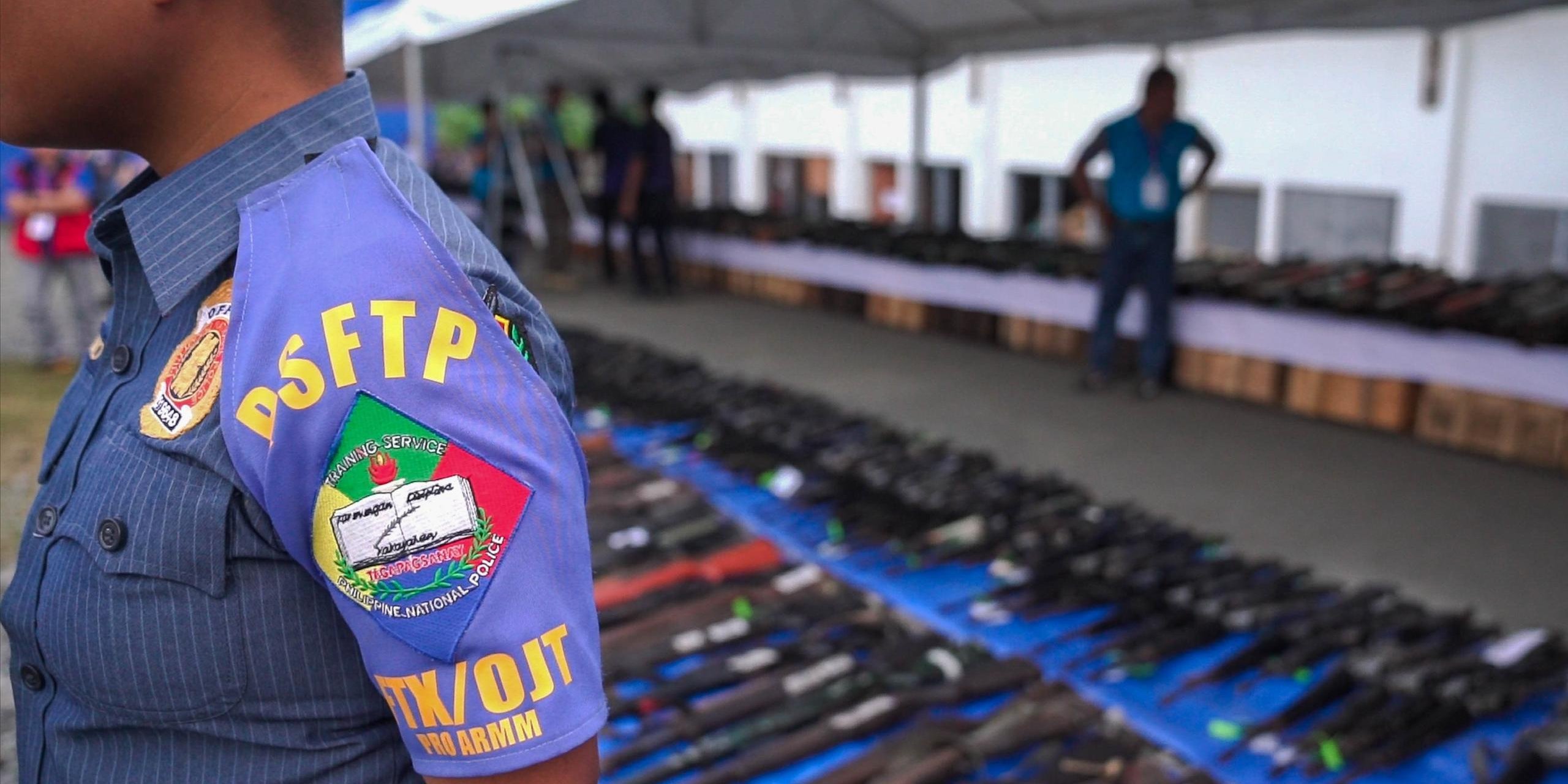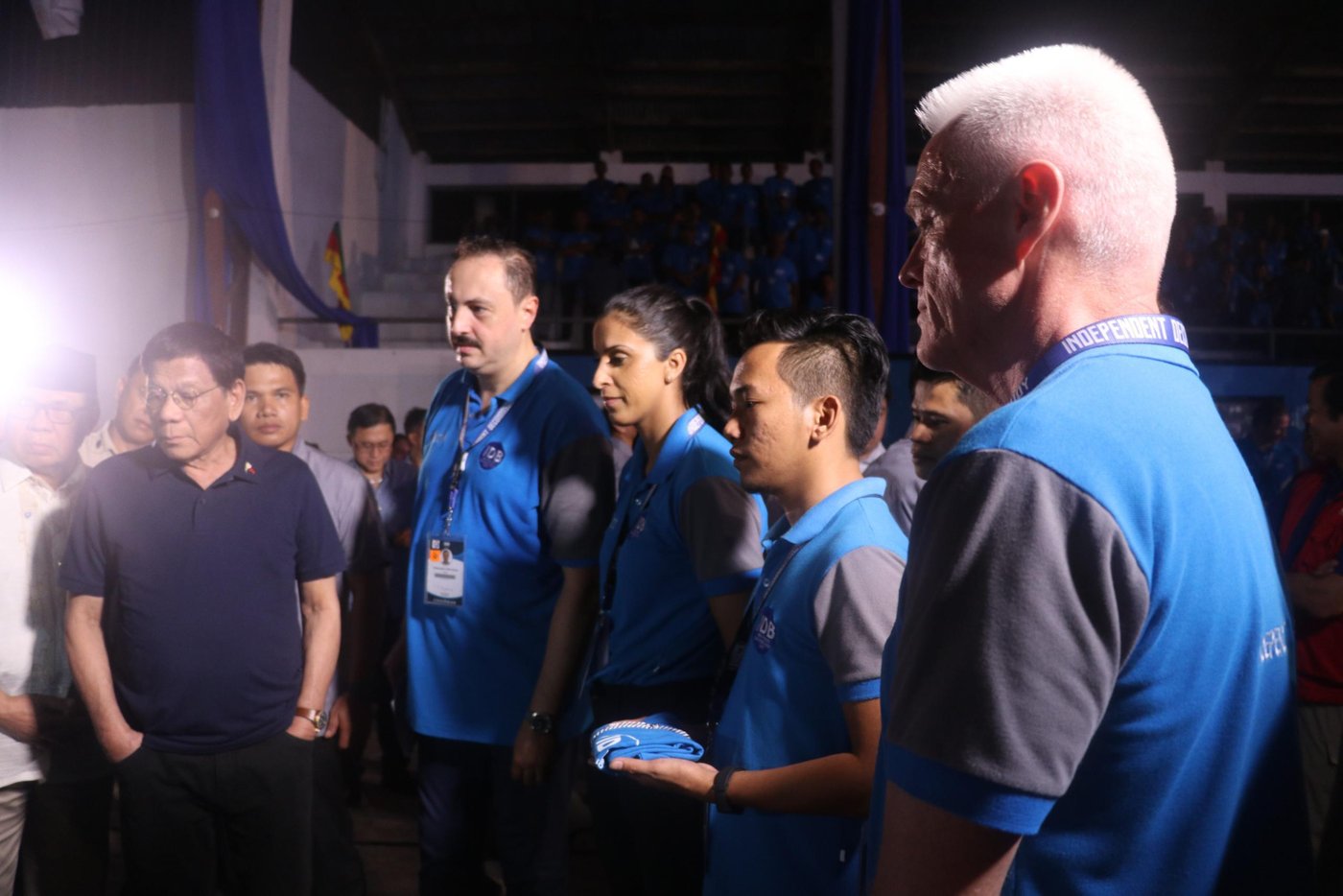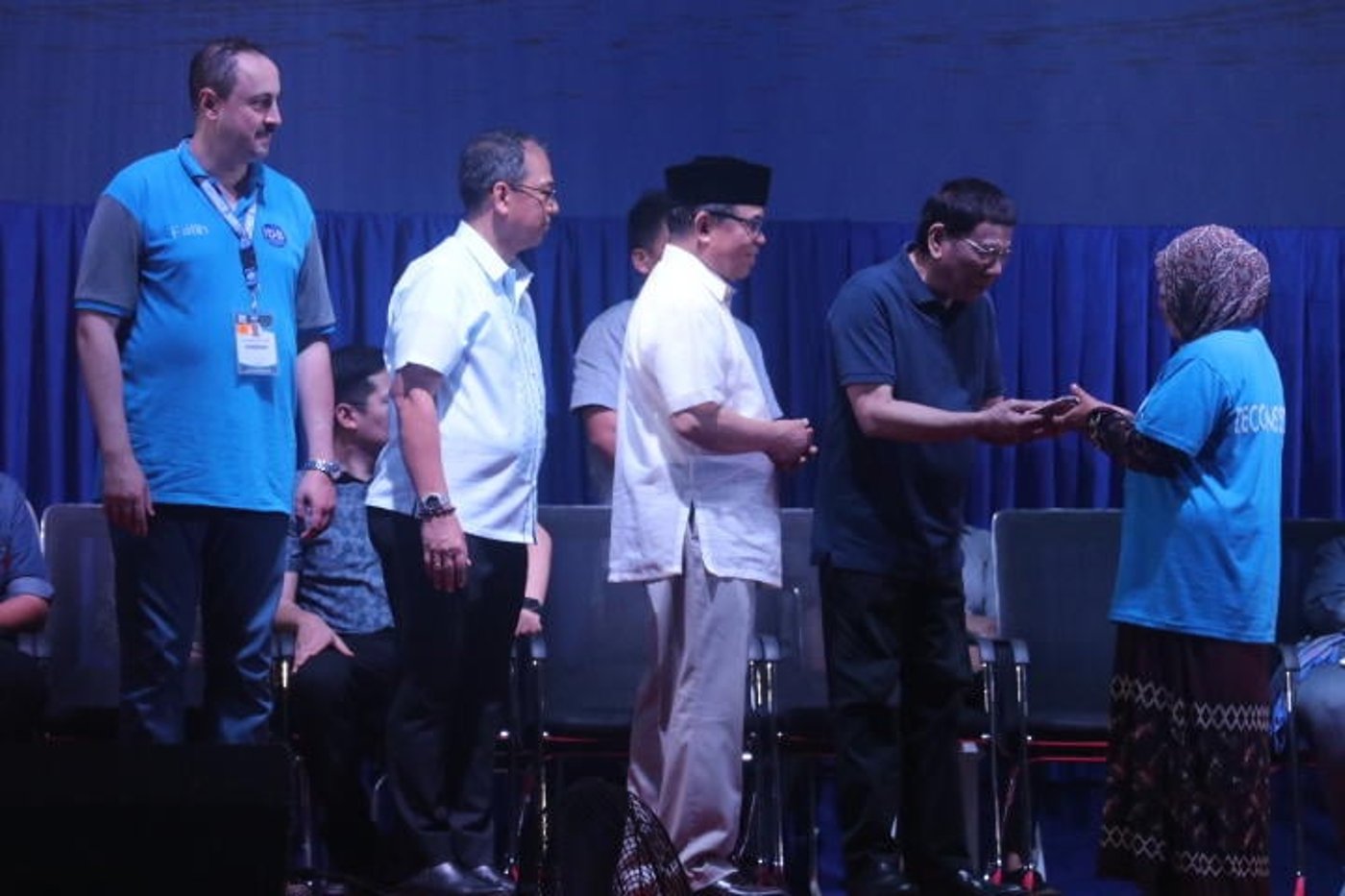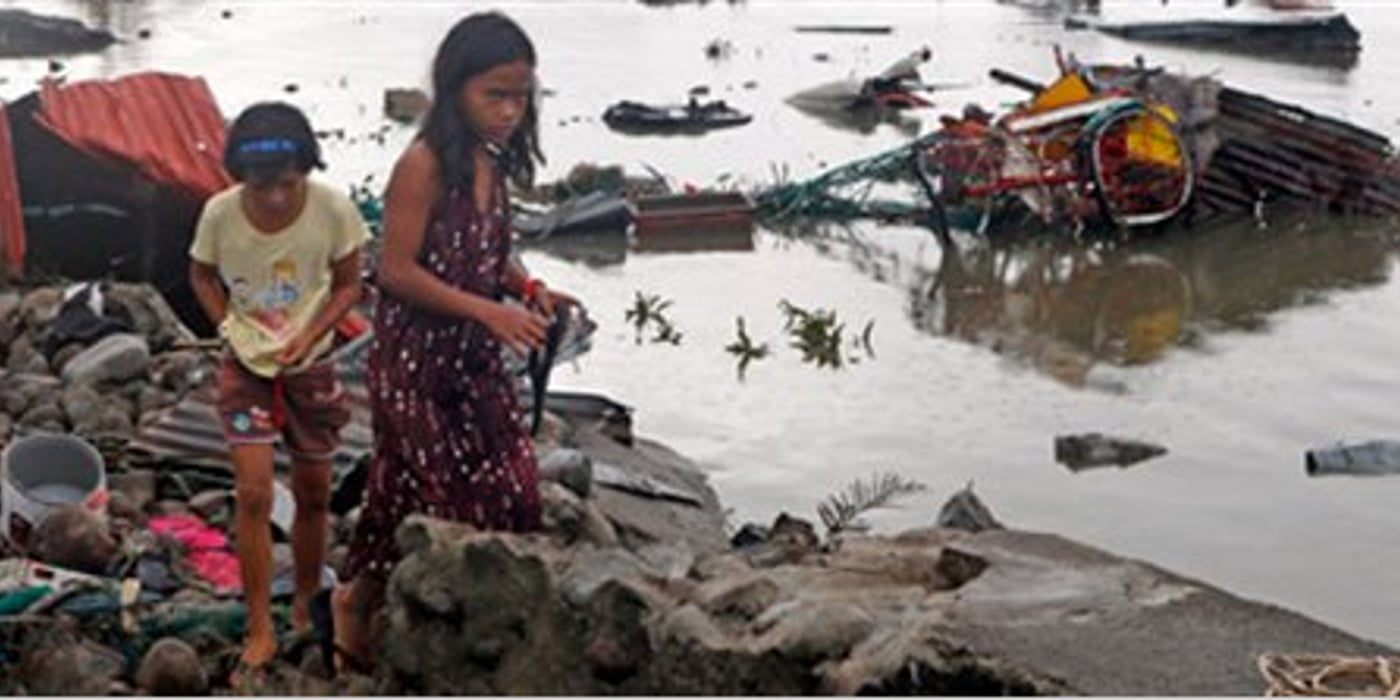
On the Philippines’ southern-most island of Mindanao is a Muslim-majority region called the Bangsamoro. The Bangsamoro’s indigenous Muslim population stands in stark contrast to the rest of the Philippines’ overwhelming Christian majority and has experienced long-standing discrimination, violence and displacement. Now, after four decades of conflict between the Philippines Government and Moro Muslim armed groups in the region, including the Moro Islamic Liberation Front (M.I.L.F.), peace is finally taking hold.
The Philippines Government and the M.I.L.F. signed the Comprehensive Agreement on the Bangsamoro (CAB) in 2014, concluding 17 years of peace negotiations between the two parties. In accordance with the agreement, the armed branch of the M.I.L.F. is handing over its weapons and transitioning to civilian life.
To facilitate this process, the government and M.I.L.F. jointly established the Independent Decommissioning Body (IDB). Filling out its roster of more than 90 staff members are local Filipinos, representatives from the Philippines Government and the M.I.L.F., and international experts from Norway, Turkey and Brunei.
Norway’s four experts are deployed from NORDEM, NORCAP’s civilian capacity for democracy and human rights. NORCAP began its involvement in the Philippines’ peace process in 2010 by supporting the ceasefire monitoring mechanism in Mindanao called the International Monitoring Team (IMT). In 2015, this support shifted to the IDB. NORCAP expert Terje Skjølsvik currently serves as the IDB’s chief of staff.
According to Skjølsvik, the main task of the international presence is to oversee the decommissioning and ensure the impartiality of the decommissioning process.
“In our activities, we are working closely with both sides and are making sure that everything that has been written in the agreement is being upheld. So far, the cooperation has been exemplary,” he says.

Decommissioning combatants
The decommissioning of the M.I.L.F. is to be carried out in four phases. The first phase, which was completed in June, 2015, consisted of a ceremonial decommissioning of 145 combatants and 75 weapons. The subsequent three phases will gradually decommission the entire M.I.L.F., with each phase targeting a set of 30-35% of the total combatants. On September 7th, the IDB officially began phase 2, the first phase of systematic decommissioning.
Throughout this phase, combatants and weapons will be separated. The M.I.L.F. transfers their weapons to the IDB in assembly areas, where they are checked for safety and functionality, registered into a database, and finally transferred to a secure storage area.
As for the combatants, they are transported to a decommissioning location where they are taken through a registration procedure and receive an ID card confirming that they have been decommissioned.
Once decommissioned by the IDB, ex-combatants are transferred to the Task Force on Decommissioned Combatants and Their Communities, which is responsible for issuing socio-economic packages and following up on ex-combatants for the next couple years, supporting their integration into civilian life.
Launching the second phase
On September 7th, the IDB organised a ceremony in Cotabato City to officially commence phase 2. At the event, over 1,000 weapons and decommissioned combatants were greeted by the Philippines Government and dignitaries, among them President Rodrigo Duterte. On his arrival, Duterte was met by the chairman of the IDB and led through stations depicting the different stages of the decommissioning process. This was followed by speeches and the exposition of decommissioned weapons. The high-security venue accommodated over 300 VIPs, in addition to combatants and their families.
“For the combatants, being decommissioned is a complete change of life. It gives them a new opportunity to be included in society and to function as normal people, not having to worry about arrests and uncertainties,” says Skjølsvik.
The decommissioning is expected to bring relief to the rest of the Bangsamoro community as well, where the large number of weapons in the region can pose safety risks.
“Getting these military-style weapons out is important to reduce the level of violence and number of conflicts in the area,” Skjølsvik adds.

The future of the Bangsamoro
While the decommissioning of M.I.L.F. combatants is an important aspect of the peace process, achieving peace in Mindanao will benefit the region in ways beyond just curbing violence.
“This area of the Philippines is lagging in all the social statistics when it comes to education, health, income and so on. It has been very difficult to invest in the area because of the conflict. If they are now able to establish some peace and order, that will give this area the opportunity to catch up with the rest of the country,” explains Skjølsvik.
Political developments will also follow the peace process in the Bangsamoro as the M.I.L.F. evolves from an armed group to a political party.
In 2018, President Duterte signed the Bangsamoro Organic Law, leading to a plebiscite creating the Bangsamoro Autonomous Region in Muslim Mindanao (BARMM) and a Bangsamoro Transition Authority (BTA). The BTA is the interim government in the region, composed of 80 members, of which 41 come from the M.I.L.F. and 39 from the Philippines Government. It will be replaced with an elected government in 2022 when the BARMM holds its first election.
“The M.I.L.F. has taken political posts in the Transitional Authority, so they have political power and the opportunity to show that they are able to provide services to people,” says Skjølsvik.
The IDB expects to complete the decommissioning of the M.I.L.F. by 2022. Until then, continued commitment and goodwill from the group will be key for a peaceful and autonomous future Bangsamoro.


